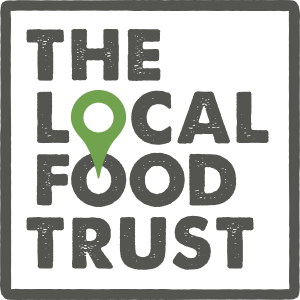our services
Our portfolio of work has been built through partnerships and collaborations with more than two dozen food system projects, organizations and privately owned businesses over the past six years. Additionally, our expertise includes over 15 years of non-profit management, sales, marketing and innovative program design.
Project management - oversight of deliverables and teams
Fundraising - feasibility research, grant writing, donor cultivation and stewardship
Financial - fund and model development and planning
Public relations - community, media and legislative engagement
Facilitation - strategic planning and organizational alignment
Events - direct mail campaigns, annual galas, training programs
Food and produce safety - PCQI and PSA certifications to develop plans and provide 3rd party verification
open source
The Local Food Trust subscribes to the principles of “openness.” Popularized by software developers, the principles of “open data” allow others to build upon previous accomplishments and achieve greater function and reach than would be possible alone.
Open means anyone can freely access, use, modify, and share for any purpose (subject, at most, to requirements that preserve provenance and openness).
We commit to sharing the knowledge we gain through the projects we take on with others in the industry. This could include:
forms, templates, guidelines for running a local food trust
whitepapers, analysis, and research on local food systems
handbooks, guides, and best-practices documents designed for local food businesses and organizations
our own financial records and accountability systems
Why do we make this commitment? Because it is the very nature of “local values” to be centered on particular people, communities, and businesses — i.e., human-scaled and human-centered. Our objective isn’t to make The Local Food Trust bigger to encompass multiple localities; that would be a contradiction in both form and function.
It would be one of the best possible outcomes if, through our commitment to openness, another group could more easily and quickly start a “local food trust” of their own, in their specific locality. We imagine a connected community of groups dedicated to improving their effectiveness in their own localities through sharing knowledge, and will work to bring about a renaissance in bio-regional self-determination.

